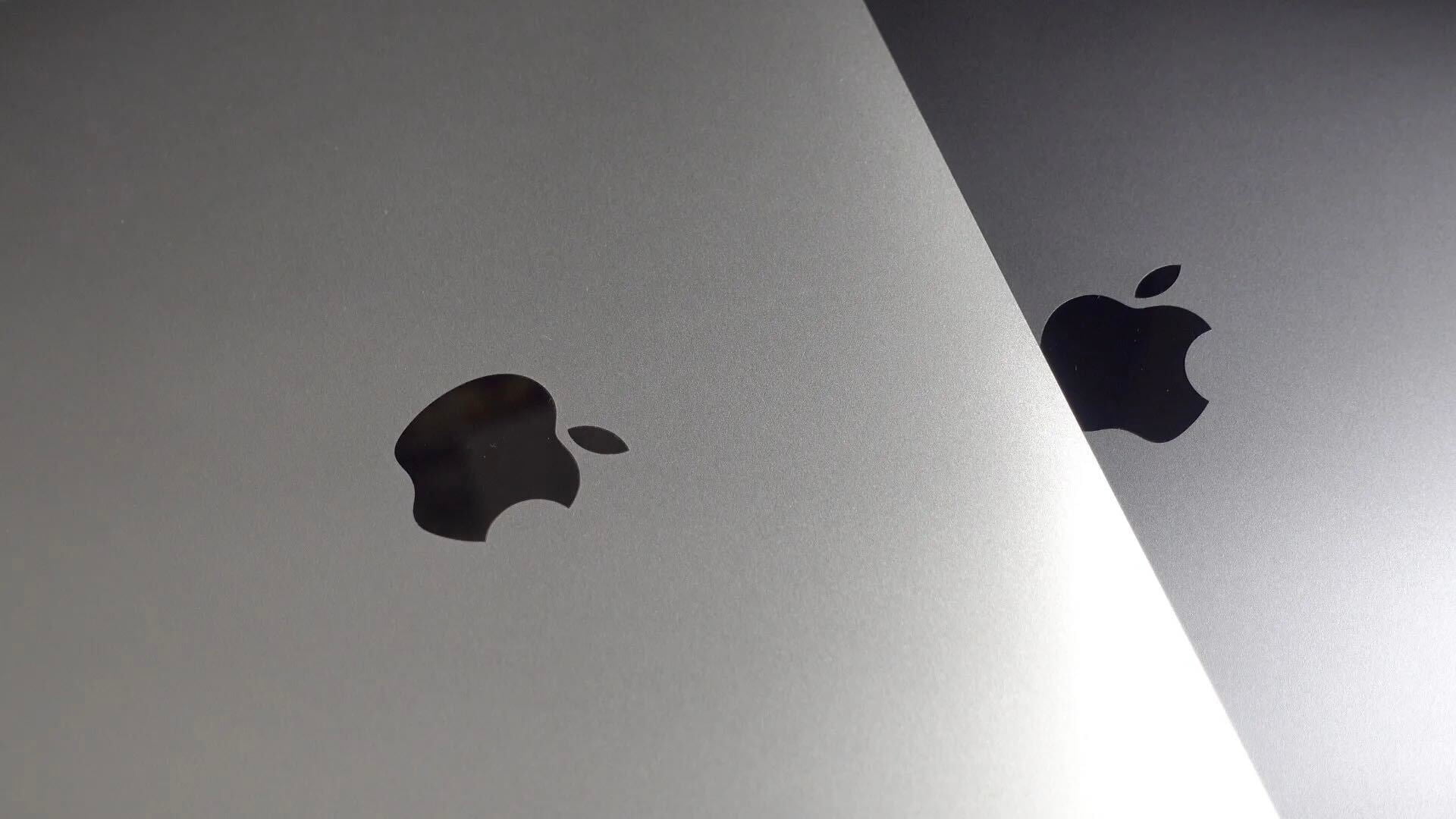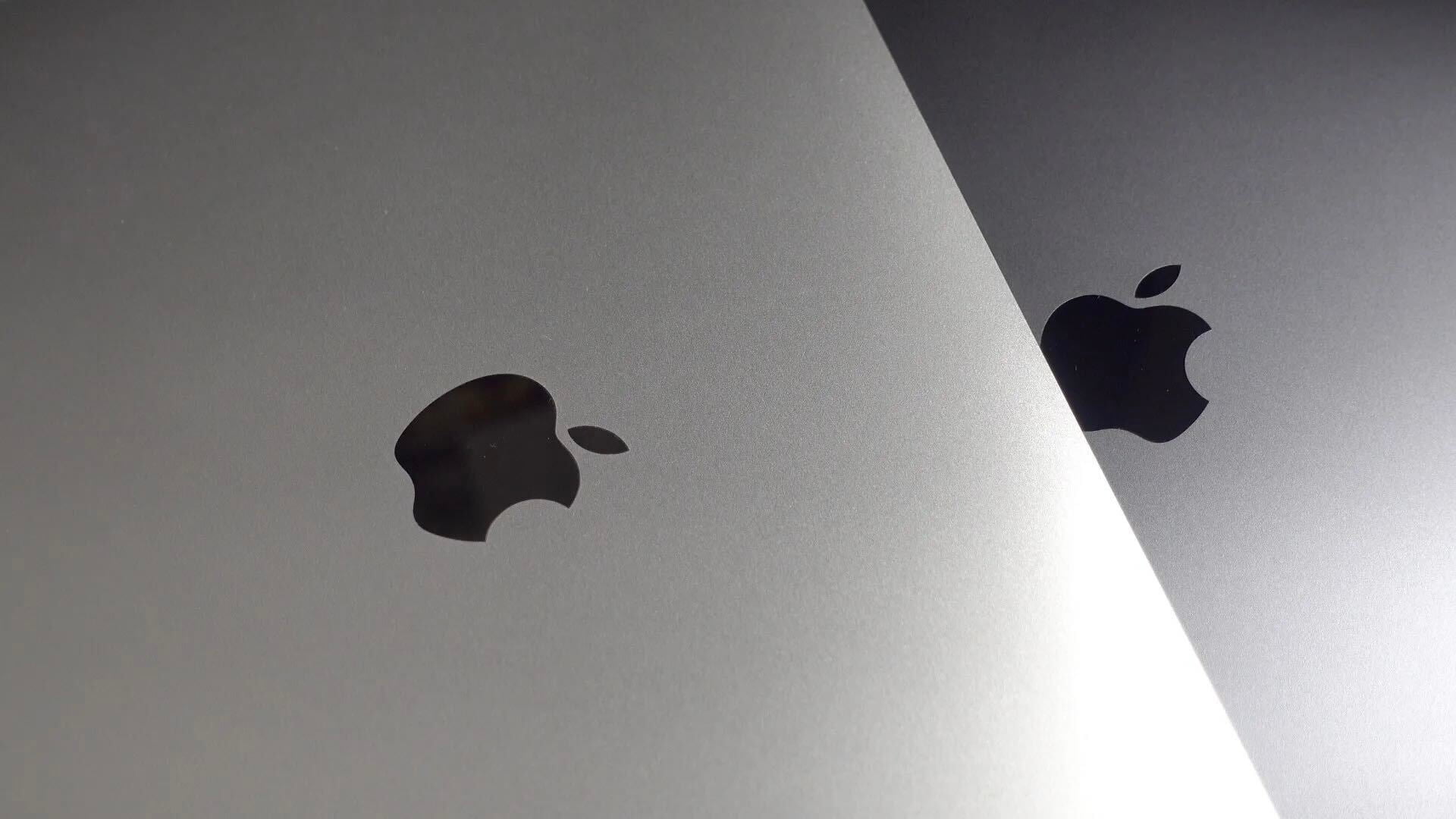Olloclip isn’t the only maker of lenses for iPhone cameras, but after testing options from a dozen vendors, it’s the one I’d call the best at delivering reliably good combinations of quality and practicality. Its latest accessory is the 4-in-1 Lens for iPhone 6/6 Plus ($80), an updated continuation of its longest-running and most popular series of iPhone lenses. Bundled with everything from a lanyard to a set of three colored plastic clips, this version of 4-in-1 now works with two different iPhone 6 sizes, as well as both front FaceTime and rear iSight cameras.
This cross-model, twin-camera versatility comes at the cost of some added complexity, however, and an issue from earlier Olloclip lenses — the lack of broad case compatibility — is still a factor here. But if you’ve been looking for a way to add wide angle and macro capabilities to your iPhone, the 4-in-1 is worth considering. There are plenty of details and illustrative photographs below.
Most of Olloclip’s prior lenses have shipped with the same parts: a plastic clip that slides onto the iPhone’s body, permanently attached to glass 10X and 15X macro lenses, plus one screw-on fisheye lens, one screw-on wide angle lens, twin lens caps, and a tiny microfiber carrying/lens cleaning bag. You’re supposed to keep the screw-on lenses attached except when a macro lens is needed, placing the detached lens in your hand or the bag during macro shots. Olloclip has offered several lens and clip color choices in the past, and does so again here, with your choice of silver, space gray, gold, or red metal lens metal, and either black or white plastic clips.

While compact enough to toss into a pocket, the metal and glass lenses have been thick enough that doing so didn’t always seem practical. The latest version is larger than its predecessors, measuring around 2.25″ wide by 1″ tall by 1.75″ thick, and unevenly so due to the left and right locations of the lenses. This is why Olloclip came up with a lanyard and holder system as a carrying alternative. You choose from packed-in black, green, or blue holders, attach one to the gray nylon lanyard, and snap the lens accessory into the holder when it’s not in use. You needn’t use the lanyard if you want to leave it behind – would anyone really wear it around? – but storage for the accessory otherwise is a little challenging. The lack of a cleaning solution this time means you’ll want to carry a separate microfiber cloth around, as the lenses do get fingerprint-smudged during normal handling.

Two other major changes Olloclip made were to expand the 4-in-1 Lens’s compatibility to two differently-sized iPhone models, and enable the lenses to work on both iPhones’ front and rear cameras. Two hard plastic inserts are included, one marked “6 4.7” for the iPhone 6, the other “6+ 5.5” for the iPhone 6 Plus, and you need to manually insert the one that’s right for your iPhone – slightly confusing, but a minute-long process if you follow Olloclip’s instructions.
You’ll notice that both inserts are curved. Unlike prior Olloclip lenses, which just plopped down on the tops of iPhones and fit right in place, this model clips on and then needs little tilts to guarantee alignment with the front or rear camera. It’s not particularly difficult, but it does mean that there’s almost always a little manual tweaking to be done to be sure the accessory is properly centered relative to the iPhone’s lens. You can decide for yourself whether the ability to take front-facing selfies with the Olloclip lens justifies the extra fidgeting, but the company is now selling a $60 standalone “Selfie 3-in-1 Lens” for iPhone 5/5s, which the iPhone 6/6 Plus version eliminates the need to buy separately.

Optically, the four Olloclip lenses deliver very similar experiences to versions we’ve seen in the past. The wide-angle lens takes the iPhone from around 32mm in width to around 24mm, introducing noticeable edge softness and light chromatic aberration while presenting a respectably sharp center image, while the fisheye lens more than doubles the width while adding very obvious distortion, black corners, and further softness to the image — all typical of any fisheye. These are consumer-grade compromises, and no shock given prior Olloclip lenses; most people will just appreciate the added width without minding the edge blurring.
Macro performance is impressive — far less distorted — but quite susceptible to hand shake. While the 10X macro lens and 15X macro lens both have very shallow depth of field, resulting in an extremely narrow and physically close area that’s brought into sharp relief, their results are impressive if you learn how to use them. The iPhone 6 and 6 Plus aren’t particularly strong in up-close macro focusing without lens attachments, and in our test shot were unable to achieve a focus lock on the rear screws we were shooting from a several-inch distance. Yet Olloclip’s 10X macro had no problem capturing a very sharp macro image, and the 15X macro got even closer, albeit with an extremely shallow depth that proved a very real challenge for stabilization. Use this lens with support, or be prepared to take lots of shots to get one that’s right.
Use of the Olloclip lenses with the iPhone’s front camera is similar to the rear camera, except with lower resolution output and small differences in the width expansion. Because the iPhone’s FaceTime lens is smaller than the rear iSight lens, the fisheye attachment’s black corners aren’t quite as large on the front camera as on the rear, and wide-angle vignetting is slightly reduced with proper alignment, as well. If you’re looking to take selfies with several people, or capture more background, these lenses can definitely help. Unless you’re looking to photograph a facial blemish in particularly nasty detail, you probably won’t play much with the macro lenses in front orientation.
One last point is what Olloclip hasn’t done with the 4-in-1 Lens, both for better and worse. Positively, it hasn’t used magnets or adhesive to mount its lenses to the iPhone 6 or 6 Plus, which means that it doesn’t run afoul of recently updated Apple guidelines for safe camera attachments. Less positively, its system still requires you to remove your iPhone’s case to attach the lenses, and at least as of today, there’s no Olloclip lens-compatible case on the market. Roughly 80% of iPhone users keep their devices in cases, so that’s an obvious limitation. The company previously addressed this for the iPhone 5/5s with a hard shell, and may well have something coming for iPhone 6 models, but we haven’t seen or heard anything about it yet. [Update: Following publication of this review, Olloclip confirmed that a case solution is in the works for 2015.]
Overall, the 4-in-1 Lens for iPhone 6/6 Plus is a pretty good option for iPhone photographers looking to expand the stock capabilities of Apple’s front and rear cameras. While the dual-model and dual-camera support make it a little more unwieldy to attach and carry than prior versions, they also increase its versatility, which some users will appreciate. The wide-angle and fisheye optical quality is acceptable for a consumer-grade lens attachment, and if you know what you’re doing with the macro lenses, you’ll be able to take some nice close-up shots, as well. For $80, you get a nice set of new camera capabilities in one package.
Olloclip’s 4-in-1 Lens is available now.
FTC: We use income earning auto affiliate links. More.






If I want to take a wide angle shot and don’t have my DSLR with me, I just use the “pano” feature on my iPhone. But I have not yet found a good way to take macro shots (unless I don’t care about resolution – in which case I just take a normal shot and crop an enlargement).
That’s fine for still shots but if you have a moving object Pano is not the solution: a wide angle or fisheye lens is.
Please don’t forget about the little grey microfiber carrying case, which I’ve always used to clean the lenses. A bit too small to put all the parts into, but it works great for cleaning the lenses and I also use it to carry the protective lens covers.
When will someone make some decent glass for these lenses. The majority of people that want these lenses are amateur and pro shooters. They want to be able to leave their high end P&S at home and just take their phone. So make a decent lens and set a good price, $140-$150, and you’ll sell a ton and build a incredibly valuable brand. With the amount of room this lens has to play with, there’s no excuse for the darkness, distortion and severe chromatic aberration this lens has. They’ve simply used poor quality, cheap optics.
@israelanderson someone has!
Would be great to include the iPro lens options in your review. Far superior professional Schneider optics, true photo quality German lenses.
And they solve the case dilemma as well.